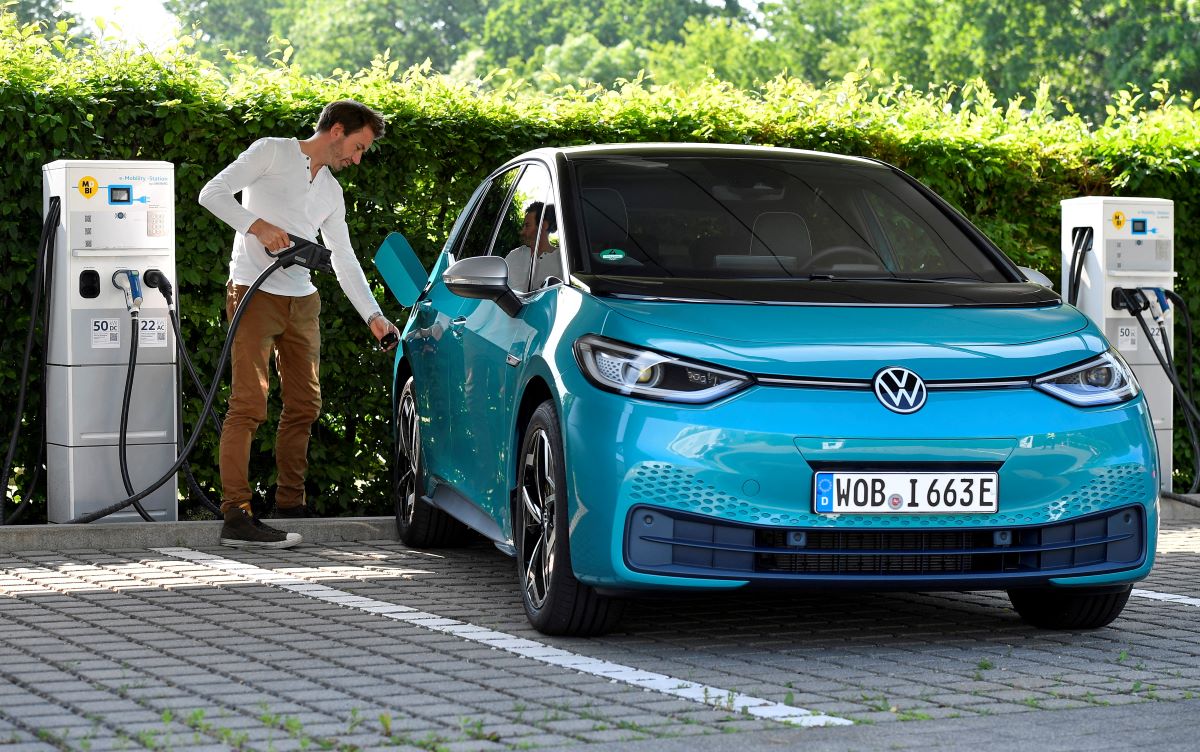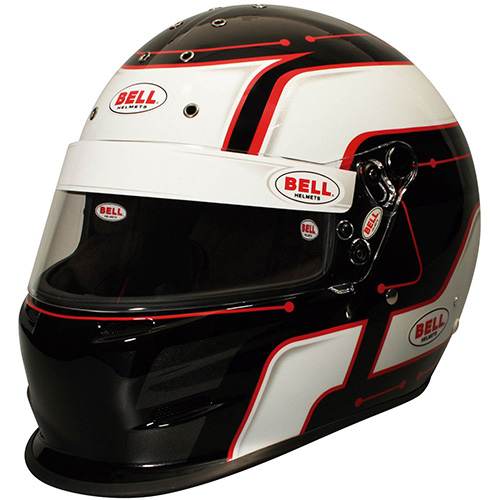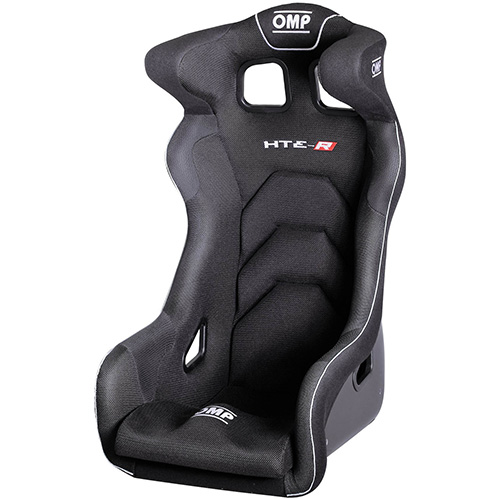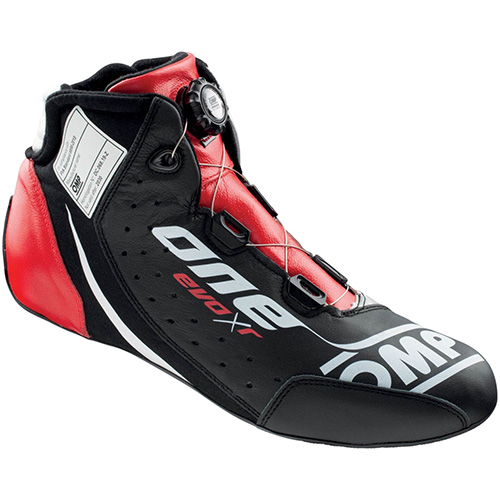Volkswagen in Talks to Adopt Tesla’s NACS Charging Plugs

Volkswagen, one of the world’s leading automotive manufacturers, is reportedly in discussions to adopt Tesla’s Next-Generation Alternative Charging System (NACS) for its electric vehicles. This potential collaboration follows a growing trend among OEMs to embrace a unified charging infrastructure. If successful, this partnership between Volkswagen and Tesla could mark a significant step forward in streamlining the EV charging experience and promoting wider adoption of electric vehicles.
The Shift Towards Unified Charging Standards
The proliferation of electric vehicles across the globe has resulted in a pressing need for a standardized charging infrastructure. Traditionally, automakers developed their own proprietary charging systems, leading to a fragmented landscape with various plug types and incompatible charging stations. Recognizing this challenge, industry leaders have started to rally around a common charging standard.
Tesla’s NACS: A Promising Charging Solution
Tesla’s Next-Generation Alternative Charging System (NACS) has gained recognition as a promising charging solution due to its efficiency, reliability, and compatibility with multiple EV models. The NACS charging plug offers faster charging times, enhanced safety features, and a compact design that allows for seamless integration into various electric vehicles.
Volkswagen’s Interest in NACS
Volkswagen’s keen interest in adopting Tesla’s NACS charging plugs reflects the company’s commitment to creating a more convenient and user-friendly charging infrastructure for its customers. As one of the largest automakers globally, Volkswagen recognizes the importance of harmonizing charging standards to eliminate the barriers that hinder EV adoption.
Building on the Success of CCS
Volkswagen has been a proponent of the Combined Charging System (CCS), which offers both alternating current (AC) and direct current (DC) charging capabilities. CCS has gained considerable traction worldwide, as it provides compatibility with a wide range of electric vehicles. By considering Tesla’s NACS, Volkswagen aims to further enhance the versatility and accessibility of charging options for its EVs.
The Benefits of Collaboration
By adopting Tesla’s NACS charging plugs, Volkswagen would not only leverage Tesla’s expertise in charging infrastructure but also contribute to the broader goal of establishing a unified global standard. The automotive industry’s collective adoption of a common charging standard would simplify the charging process for consumers, eliminate confusion, and expedite the growth of the electric vehicle market.
Implications for the EV Market
Volkswagen’s potential partnership with Tesla highlights the increasing cooperation and synergy among automakers in the electric vehicle space. With many OEMs recently embracing standardized charging solutions, the EV market stands to benefit from improved interoperability and increased charging network density.
Additionally, this collaboration would boost the public’s confidence in the EV ecosystem, addressing concerns related to range anxiety and limited charging options. A unified charging standard would encourage prospective EV buyers by assuring them that their chosen vehicle can seamlessly connect to a wide array of charging stations across different manufacturers.


















